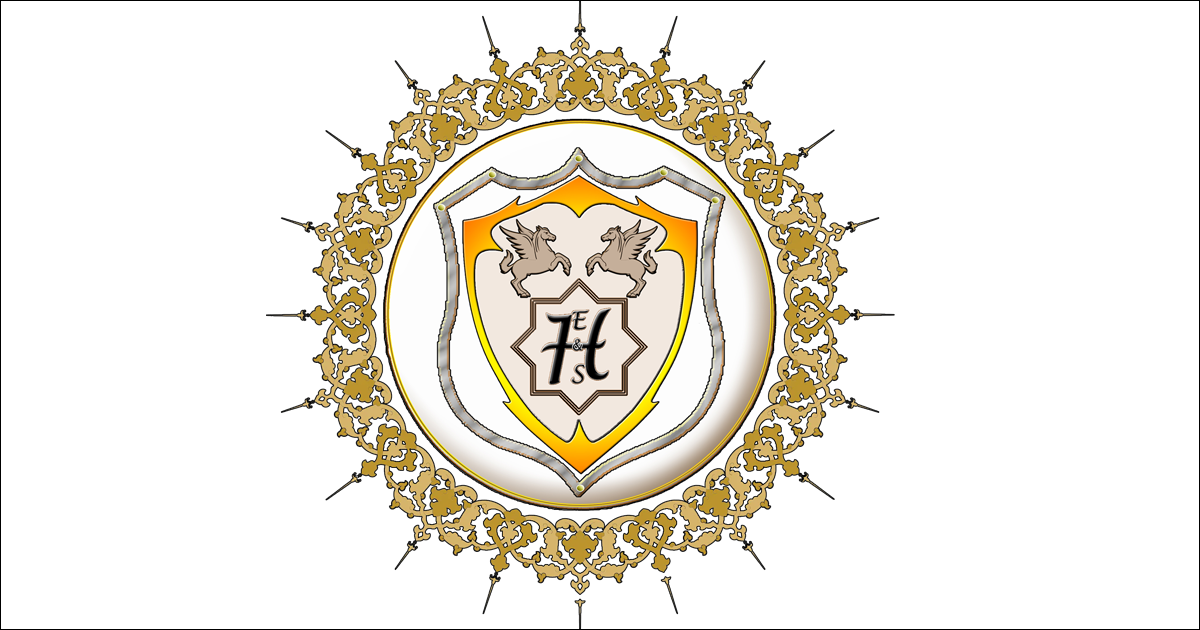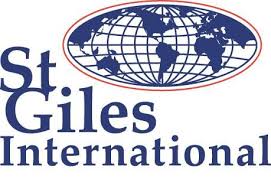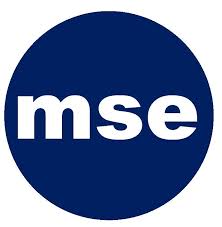
Executive Leadership Development Program
Course ID: 2507280101153EGI
Course Dates : 28/07/25 Course Duration : 10 Studying Day/s Course Location: London, UK
Language: Bilingual
Course Category: Professional and CPD Training Programs
Course Subcategories: Leadership and Management Excellence
Course Certified By: * Projacs Academy
* Professional Training and CPD Programs
Certification Will Be Issued From :
KSA
Course Fees: £8,895.11
Vat Not Included in the price. VAT may vary depending on the country where the course or workshop is held.
Click to Pay
Date has passed please contact us Sales@e-s-hub.com
Course Information
Introduction
Leadership has long been recognized as a cornerstone of organizational success, yet the demands placed on executives today are unprecedented. As industries evolve at an accelerated pace, driven by technological advancements, globalization, and shifting workforce dynamics, the need for adaptive, visionary leaders has never been more critical. This course is designed to address the growing complexity of leadership roles, equipping participants with the tools and insights necessary to navigate uncertainty and drive sustainable growth. Drawing on established frameworks such as transformational leadership theory and emotional intelligence models, the program emphasizes the importance of aligning personal development with strategic organizational goals.
One of the key challenges facing modern leaders is the ability to balance short-term operational demands with long-term strategic vision. Many executives find themselves caught in a cycle of reactive decision-making, often at the expense of innovation and employee engagement. By addressing this gap, the Executive Leadership Development Program provides a structured approach to cultivating proactive leadership skills. Participants will explore case studies from organizations like Tesla and Unilever, which have successfully integrated visionary leadership into their corporate culture, demonstrating how strategic foresight can transform challenges into opportunities.
The benefits of mastering the content of this course extend beyond individual career advancement. Organizations that invest in leadership development report higher levels of employee retention, improved financial performance, and enhanced adaptability in volatile markets. For instance, a study by McKinsey & Company revealed that companies with strong leadership pipelines outperform their peers by 20% in profitability. By fostering competencies such as strategic thinking, conflict resolution, and stakeholder management, this program empowers leaders to create environments where teams thrive and innovation flourishes.
The curriculum is grounded in both theoretical rigor and practical application, ensuring that participants gain actionable insights they can immediately implement in their roles. Concepts such as Kotter’s Eight-Step Change Model and the Situational Leadership Framework are woven into interactive sessions, allowing participants to analyze real-world scenarios and develop tailored solutions. For example, attendees will examine how Satya Nadella’s leadership at Microsoft revitalized the company’s culture and market position, illustrating the transformative power of empathetic and inclusive leadership practices.
Moreover, the program addresses the growing emphasis on ethical leadership and corporate social responsibility. In an era where stakeholders demand transparency and accountability, leaders must navigate complex moral dilemmas while maintaining trust and integrity. Through discussions on recent scandals, such as those involving Theranos and Volkswagen, participants will learn to identify early warning signs of ethical lapses and design strategies to mitigate risks. This focus on ethical decision-making ensures that graduates of the program are not only effective but also principled leaders.
Ultimately, the Executive Leadership Development Program is more than a training initiative—it is an investment in the future of leadership. By equipping participants with the skills to inspire, innovate, and influence, the course positions them to lead with confidence in an ever-changing world. Whether steering their organizations through digital transformation or fostering a culture of diversity and inclusion, graduates will emerge as catalysts for positive change, ready to tackle the challenges of tomorrow.
Objectives
By attending this course, participants will be able to:
Analyze the impact of leadership styles on team performance and organizational outcomes using evidence-based frameworks.
Evaluate ethical dilemmas and propose solutions that align with corporate values and stakeholder expectations.
Design and implement strategic initiatives that drive innovation and competitive advantage within their organizations.
Apply advanced communication techniques to build trust, resolve conflicts, and foster collaboration across diverse teams.
Synthesize data-driven insights to make informed decisions that support long-term business sustainability and growth.
Who Should Attend?
This course is ideal for:
Senior executives, mid-level managers, and emerging leaders seeking to enhance their leadership capabilities and prepare for greater responsibilities. It is particularly valuable for professionals in industries undergoing rapid transformation, such as technology, healthcare, finance, and manufacturing. Consultants and HR leaders aiming to develop leadership pipelines within their organizations will also benefit significantly. While prior leadership experience is advantageous, the course is structured to accommodate intermediate learners who possess foundational knowledge of management principles. Advanced practitioners will find value in the program’s focus on cutting-edge strategies and ethical leadership practices.
Training Method
• Pre-assessment
• Live group instruction
• Use of real-world examples, case studies and exercises
• Interactive participation and discussion
• Power point presentation, LCD and flip chart
• Group activities and tests
• Each participant receives a 7” Tablet containing a copy of the presentation, slides and handouts
• Post-assessment
Program Support
This program is supported by:
* Interactive discussions
* Role-play
* Case studies and highlight the techniques available to the participants.
Daily Agenda
The course agenda will be as follows:
• Technical Session 08.30-10.00 am
• Coffee Break 10.00-10.15 am
• Technical Session 10.15-12.15 noon
• Coffee Break 12.15-12.45 pm
• Technical Session 12.45-02.30 pm
• Course Ends 02.30 pm
Course Outlines
Foundations of Leadership
Understanding leadership theories and their applications
Assessing personal leadership strengths and areas for growth
The role of emotional intelligence in effective leadership
Building credibility and trust as a leader
Day 2:
Strategic Thinking and Decision-Making
Developing a strategic mindset for long-term success
Tools for analyzing organizational challenges and opportunities
Balancing intuition and data in decision-making processes
Case study: Strategic pivots in Fortune 500 companies
Day 3:
Leading Through Change
Exploring Kotter’s Eight-Step Change Model
Overcoming resistance to change within teams
Communicating change effectively to stakeholders
Real-world example: Microsoft’s cultural transformation
Day 4:
Ethical Leadership and Corporate Governance
Identifying ethical dilemmas in leadership roles
Aligning actions with organizational values and mission
Mitigating risks associated with unethical behavior
Lessons learned from high-profile corporate scandals
Day 5:
Conflict Resolution and Negotiation Skills
Understanding the root causes of workplace conflicts
Applying mediation techniques to resolve disputes
Negotiating win-win outcomes in challenging situations
Role-playing exercises: Managing difficult conversations
Week 2
Day 6:
Fostering Innovation and Creativity
Creating an environment conducive to innovation
Encouraging creative problem-solving among team members
Leveraging technology to drive organizational innovation
Case study: Tesla’s approach to disruptive innovation
Day 7:
Leading Diverse and Inclusive Teams
Recognizing unconscious biases and their impact on leadership
Promoting diversity and inclusion in the workplace
Strategies for managing cross-cultural teams effectively
Best practices from global organizations
Day 8:
Financial Acumen for Leaders
Interpreting financial statements and key performance indicators
Linking financial metrics to strategic objectives
Budgeting and resource allocation for sustainable growth
Workshop: Developing a financial strategy for a hypothetical project
Day 9:
Stakeholder Engagement and Influence
Mapping key stakeholders and understanding their priorities
Building coalitions to achieve organizational goals
Techniques for influencing without formal authority
Case study: Successful stakeholder management in mergers
Day 10:
Personal Leadership Development Plan
Reflecting on lessons learned throughout the program
Setting SMART goals for continued professional growth
Creating an action plan for implementing new skills
Peer feedback and coaching sessions



















































